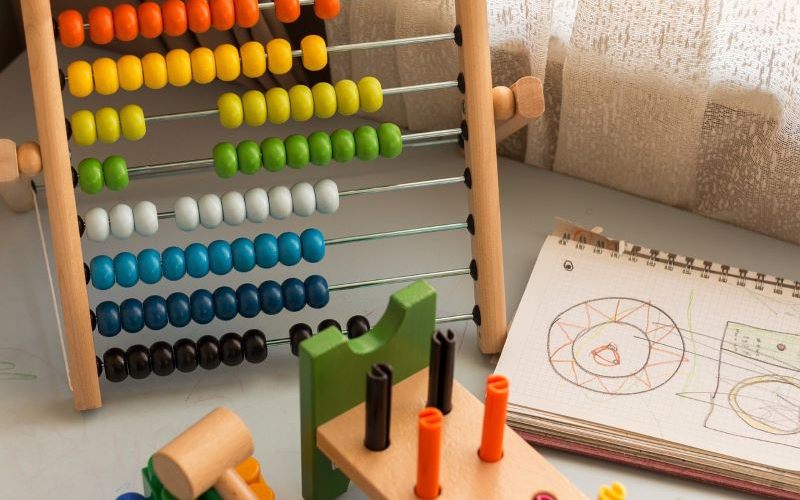This comes despite ABS Retail Trade data released on Friday revealing Aussies are spending more on clothing, footwear and personal accessories to prepare for the cooler months ahead.
In dollar terms, March recorded retail turnover of $35.265 billion compared to $35.262 billion in April.
ABS Head of Retail Statistics Ben Dorber noted retail turnover has plateaued over the last six months as consumers spent less on discretionary goods in response to cost-of-living pressures and rising interest rates.
“Spending was again soft in April but was boosted by increased spending on winter clothing in response to cooler and wetter than average weather across the country,” Mr Dorber said.
Across the states, Tasmania recorded the largest decline in retail sales at -1.5%, followed by New South Wales at -0.4%, while South Australia and Western Australia recorded increases of 0.6% and 1.0% respectively.
"Turnover is at a record level in South Australia following three straight rises of 0.6% and boosted by the inaugural AFL Gather Round and LIV Golf Adelaide tournament this month,” Mr Dorber said.
Economists across three of the major banks anticipated retail sales to remain elevated in April, with Westpac the sole outlier anticipating a decline of 0.2%.
CommBank anticipated retail sales to lift another 0.4% in April, with Senior Economist Belinda Allen citing internal data produced a decent gain in retail spending in April.
NAB’s Online Retail Sales Index published Thursday revealed the closest indication of retail sales figures for April, citing a flat result in April.
NAB Chief Economist Alan Oster said both online and overall retail trade appear to have moderated in recent months.
“Of the categories, takeaway food was flat in month-on-month terms and contracted in year-on-year terms,” Mr Oster said.
“However, there was relatively strong growth in monthly terms for the grocery and liquor category.
“While it could be speculated that there is some level of substitution occurring here between the two broad categories, as people opt for home cooking, there were also high profile food delivery services which exited the market during this report period.”
ABS data echoed that of NAB's Online Retail Index, revealing food-related spending recorded its first drop in 13 months, falling across both cafes, restaurants and takeaway food services (-0.2%) and food retailing (-0.1%).
Image by Clark Street Mercantile via Unsplash





 Rachel Horan
Rachel Horan
 Harry O'Sullivan
Harry O'Sullivan
 Harrison Astbury
Harrison Astbury

